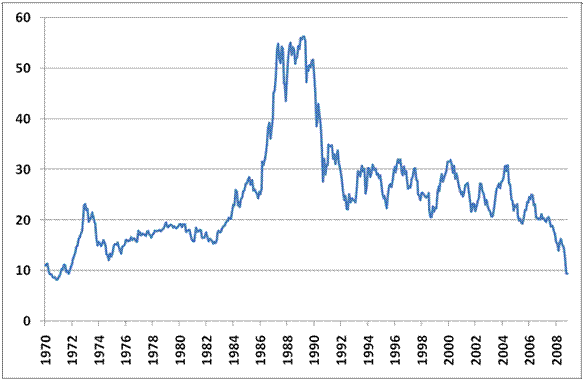StilesBC wrote: > So I say this to John and others here. Let's look at this
> situation as a cure to a society deprived of the little things
> that make life good: Time with family, laughing with friends,
> trying to craft something by hand (I've always wanted to try
> making my own furniture), doing your own garden work, cooking more
> often, etc. I think we've become so obsessed with our various
> meaningless professions (how many people actually create something
> for a living? - I don't) and with trying to put ourselves on a
> pedestal in front of others (I'm guilty, even if it's unconscious)
> that we have forgotten what is really important.
I'm all for remembering what's really important, but I would add thefreddyv wrote: > Too many of us go through life forgetting that our very existence
> as sentient beings is itself a miracle and is something we should
> not waste for even a second. Life and the things and people in it
> are special because it is all so very fleeting. Even this
> catastrophe happening right before our very eyes can be a blessing
> and we may find that just as people lived through the depression
> we will live through our hard times and come out the better for
> it.
following:
- Being hopeful and optimistic during a Recovery Era (first
turning) is good because it's a time when a nation is being rebuilt
for the future. - Being hopeful and optimistic during an Awakening Era (second
turning) is good because society is reevaluating itself and preparing
to go into new directions in the future. - Being hopeful and optimistic during an Unraveling Era (third
turning) is good because there's usually an economic bubble going on,
and you might as well take advantage of it.
turning) is bad because it blinds you to what's coming, and encourages
you to fail to prepare for the future.
Sincerely,
John
